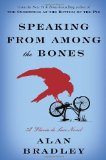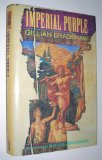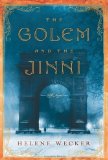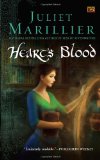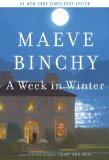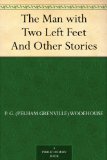Review of A Natural History of Dragons, by Marie Brennan
A Memoir by Lady Trent
by Marie Brennan
Tom Doherty Associates (Tor), 2013. 334 pages.
Starred Review
A Natural History of Dragons is set in a world similar to ours, in the Regency era, only they have dragons. The distinguished Lady Trent, a scientist and an adventurer, is now old, and she’s writing her memoirs. This book is the first volume, about her first expedition to learn about dragons.
Isabella writes about her childhood, when she already became fascinated by dragons, because of a book, The Natural History of Dragons. This is a most improper pursuit for a young lady, and she must resort to subterfuge to get to go on a dragon hunt — with nearly disastrous results.
When it comes time for Isabella to find a husband, she is sure she must hide her fascination with dragons. She considers herself fortunate indeed when she finds a man who loves her enough not only to let her read his books about dragons, but even to accompany him on an expedition to Vyrstrani to study dragons in the field.
Once in the Vyrstrani village, though, things don’t go according to plan. The person they relied on for planning their trip is missing. Dragons are attacking people, and no one knows why. Then there is evidence of smugglers.
Through it all, Isabella’s curiosity and impulsiveness consistently put her in the thick of things.
The beginning of the book is a little like Jane Austen with dragons, but the bulk of the book is about Isabella’s field work, so it’s more of an adventure tale, reminiscent of Elizabeth Peters’ Amelia Peabody books.
On the flap about the author, it says, “Marie Brennan habitually pillages her background in anthropology, archaeology, and folklore for fictional purposes.” Indeed, this book reads like a serious book about anthropology, archaeology, and folklore — only with dragons.
Great fun!
Find this review on Sonderbooks at: www.sonderbooks.com/Fiction/natural_history_of_dragons.html
Disclosure: I am an Amazon Affiliate, and will earn a small percentage if you order a book on Amazon after clicking through from my site.
Source: This review is based on a library book from Fairfax County Public Library.
Disclaimer: I am a professional librarian, but I maintain my website and blogs on my own time. The views expressed are solely my own, and in no way represent the official views of my employer or of any committee or group of which I am part.
Please use the comments if you’ve read the book and want to discuss spoilers!


